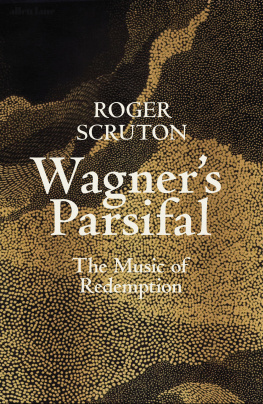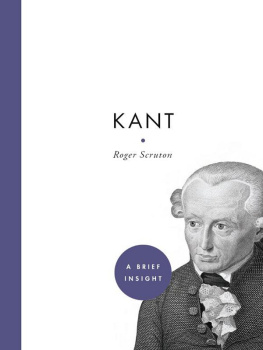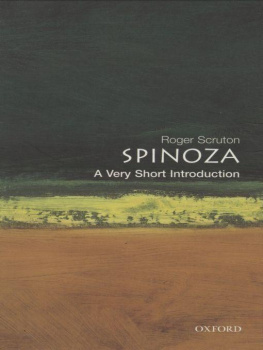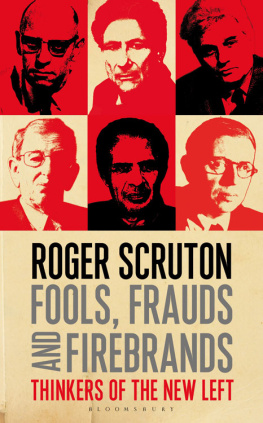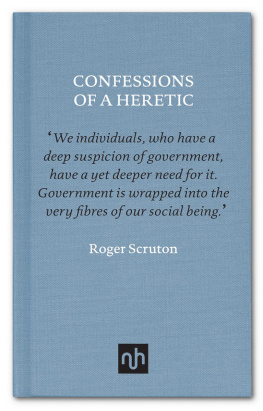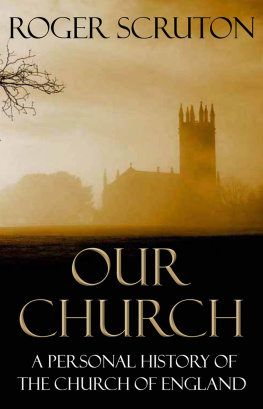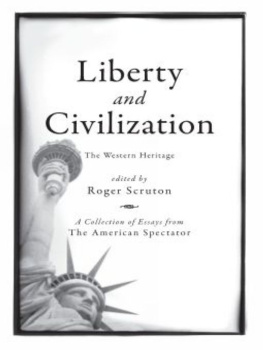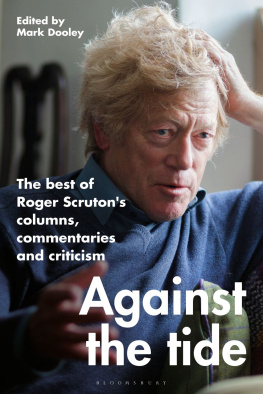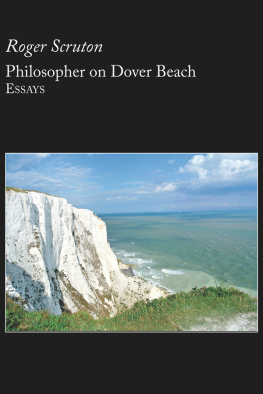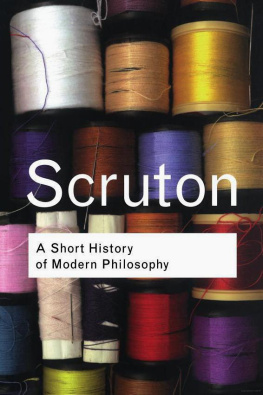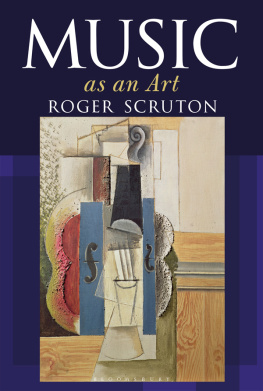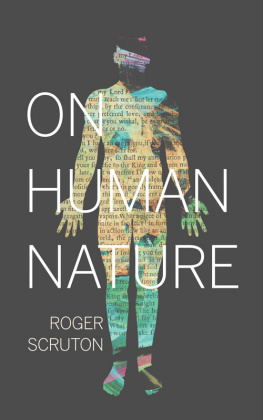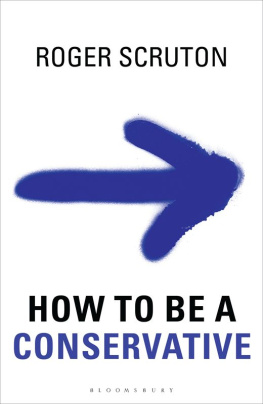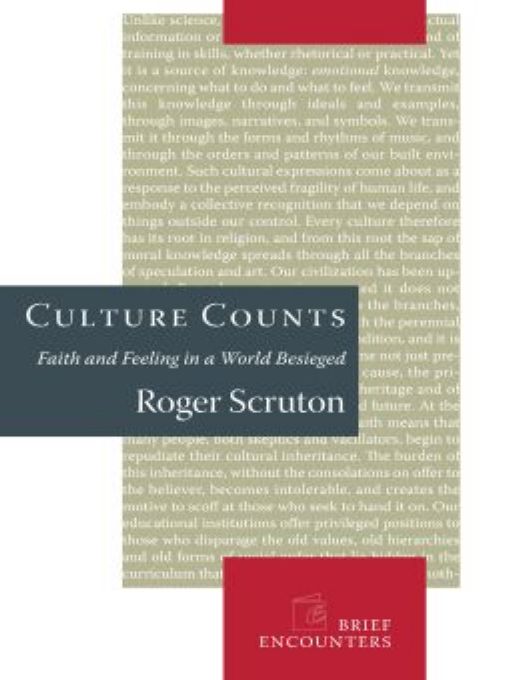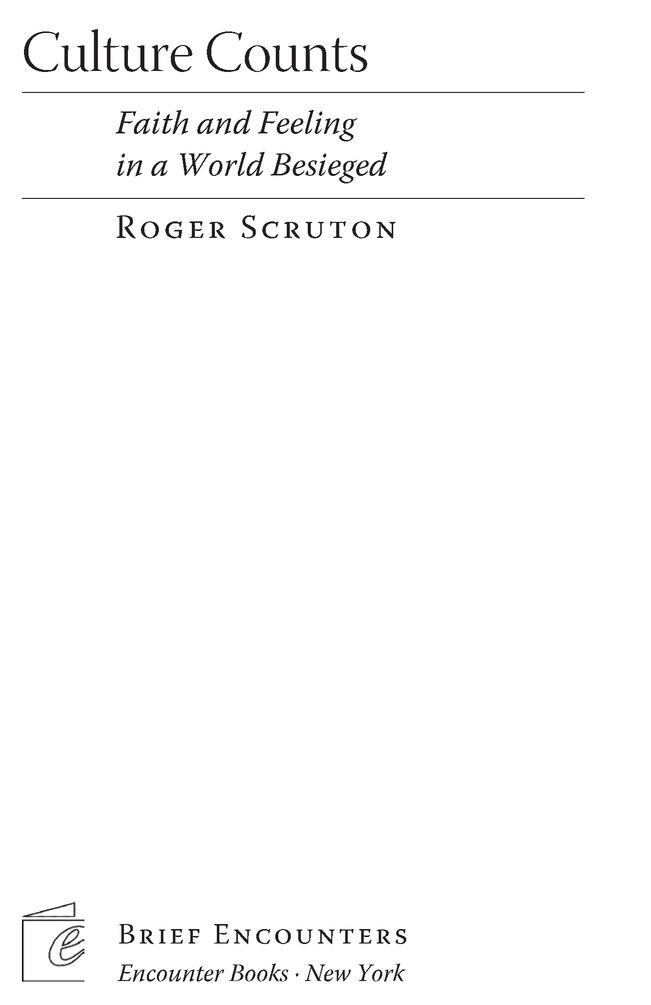Table of Contents
Preface
CHALLENGED FROM OUTSIDE by radical Islam and from within by multiculturalism, Western societies are experiencing an acute crisis of identity. By what right do they exist, and by what achievement should they define themselves? In the nineteenth century they might have framed their answer in Christian terms. But most Westerners today Christians includedhesitate to stress the religion that was once the primary source of their moral norms. Christianity has more the character of an intimate memory than a conquering gospel, and those who raise the cross in public are now subject to disheartening sarcasm and even open contempt. When Oswald Spengler published The Decline of the West in 1921, he saw Christianity as the heart of Western culture. But he argued that our once rich and living culture had been replaced by the lifeless precepts of a mere civilization. When culture gives way to civilization, Spengler argued, we enter an age of decline.
There is much to deplore but also much to admire in Spengler, and no one can doubt that the thesis of his book has gained in plausibility since he first announced it. At the same time, his vision, like that of Marx, is deeply parochial, fixed on the events that made the European continent great, and ignoring those that made it smallsmaller by far than the Western civilization which Spengler claimed to be discussing. For Spengler, the great event that brought Western culture to an end and launched it on the path of civilization was the French Revolutionthe very same one whose image of turmoil had fascinated Marx. The American Revolution, which preceded the French and which inaugurated two hundred years of increasingly stable government, is not even noticed in The Decline of the West. This event was not drastic enough for Spengler, who was uninterested in the normal flow of human happiness. As a result he overlooked the event which led to the creation of the modern world: the transformation of the European rule of law into a constitutional democracy, implanted in a land that was both free from history and isolated from the social norms of the European city. Here was a triumph that was to fascinate the world and, in our own time, to inspire a bitter and destructive envy.
It is because of America, its success, its conflicts, and its symbolic importance in the world, that the question raised by Spengler is still with us: the question of Western identity. Take away America, its freedom, its optimism, its institutions, its Judeo-Christian beliefs, and its educational tradition, and little would remain of the West, besides the geriatric routines of a now toothless Europe. Add America to the discussion, and all the dire prophecies and mournful valedictions of the twentieth century seem faintly ridiculous. Yet, precisely because the West now depends upon America, a country launched on a path that recognizes no place and no time as its own, Western identity has become an urgent matter of debate. In referring to Western civilization we are not, like Spengler, describing some localized and time-bound fragment of human history. We are describing a project, which grew from great events in the Mediterranean basin two millennia ago, and which now engages the aspirations and the antipathies of all mankind.
This project can endure, it seems to me, only if it can win a place in our emotions. The American experiment has placed two great gifts at the feet of mankind: viable democracy and masterful technology. But those benefits, which attract our praise and our pride, do not conquer the heart. They do not, in themselves, create the deep attachment on which the future of our civilization depends. They provide no outlook on human life and its meaning that can stand up either to the sarcastic nihilism of the Wests internal critics or to the humorless bigotry of Islam. In the face of such enemies we need to affirm not our achievements, but our right to exist. Christianity enabled us to do this, by providing a vision of Gods grace and our salvation. And so long as our civilization endures that vision will have force for us. But it is no longer a militant vision. Such strength as it has derives from the shared meanings conveyed to us by our culturemeanings conveyed equally to the one who believes and the one who doubts. For that very reason, however, culture has begun to have a new importance for us, as the repository of a threatened store of moral knowledge. Perhaps one day our culture will no longer be taught. If that happens, then the ideals and attachments that have come down to us will disappear, and our civilization will stand unprotected against the rising flood of the worlds resentment.
Such, at least, is my belief. But you dont have to share that belief in order to follow the argument of this book. In it I defend what is sometimes called the high culture of Western civilization, by which I mean the literary, artistic, and philosophical inheritance that has been taught in departments of humanities both in Europe and in America, and which has recently been subject to contemptuous dismissal (especially in America) as the product of dead white European males. I offer a definition of culture, and rebut the suggestion that cultures cannot be judged, either from inside or from outside, by objective standards. I argue that a culture is in a certain sense composed of judgments, and exists so as to pass on the habit of judgment from generation to generation. This habit of judgment is vital to moral development, and is the foundation of the rites of passage whereby young people leave the state of adolescence and undertake the burdens of adult life. A healthy society therefore requires a healthy culture, and this is so, even if culture, as I define it, is the possession not of the many but of the few.
Unlike science, culture is not a repository of factual information or theoretical truth, nor is it a kind of training in skills, whether rhetorical or practical. Yet it is a source of knowledge: emotional knowledge, concerning what to do and what to feel. We transmit this knowledge through ideals and examples, through images, narratives, and symbols. We transmit it through the forms and rhythms of music, and through the orders and patterns of our built environment. Such cultural expressions come about as a response to the perceived fragility of human life, and embody a collective recognition that we depend on things outside our control. Every culture therefore has its root in religion, and from this root the sap of moral knowledge spreads through all the branches of speculation and art. Our civilization has been uprooted. But when a tree is uprooted it does not always die. Sap may find its way to the branches, which break into leaf each spring with the perennial hope of living things. Such is our condition, and it is for this reason that culture has become not just precious to us, but a genuine political cause, the primary way of conserving our moral heritage and of standing firm in the face of a clouded future.
At the same time, the decline in religious faith means that many people, both skeptics and vacillators, begin to repudiate their cultural inheritance. The burden of this inheritance, without the consolations on offer to the believer, becomes intolerable, and creates the motive to scoff at those who seek to hand it on. Our educational institutions offer privileged positions to those who disparage the old values, old hierarchies and old forms of social order that lie hidden in the curriculum that has come down to us. There is nothing to teach in the name of culture, they tell us, except the prejudices of other ages. And they support this position with a variety of arguments, seized from the armory of philosophical skepticism, and put forward in proof of the view that there is no objective procedure, no authority, no secure canon of classics that would entitle us to judge one cultural product as superior to another. In the field of culture, they argue, anything goes, and also nothing.


